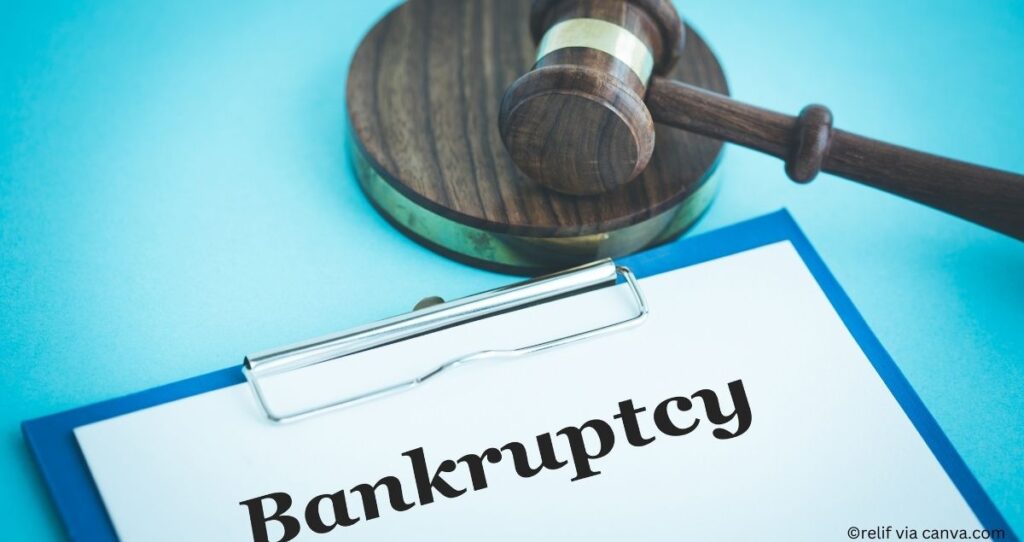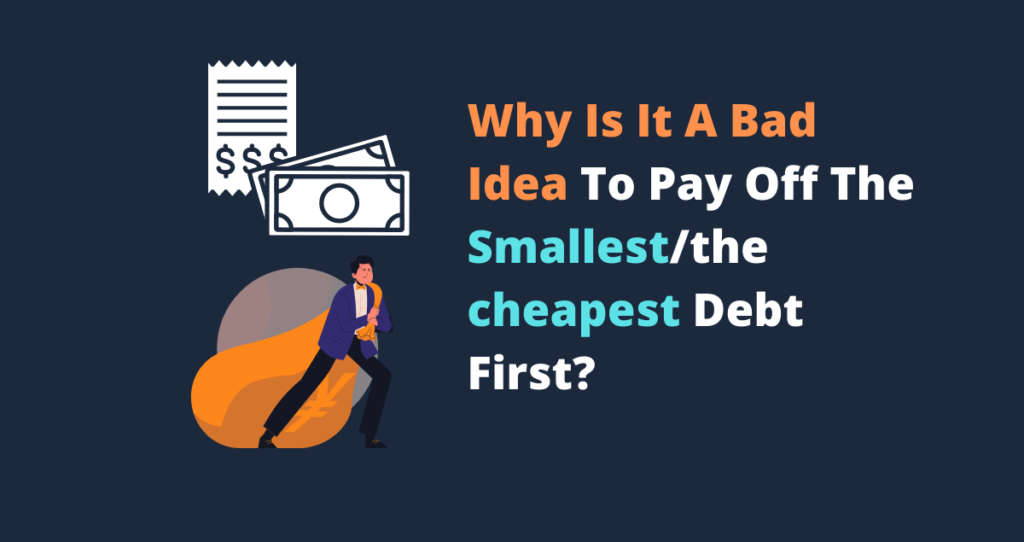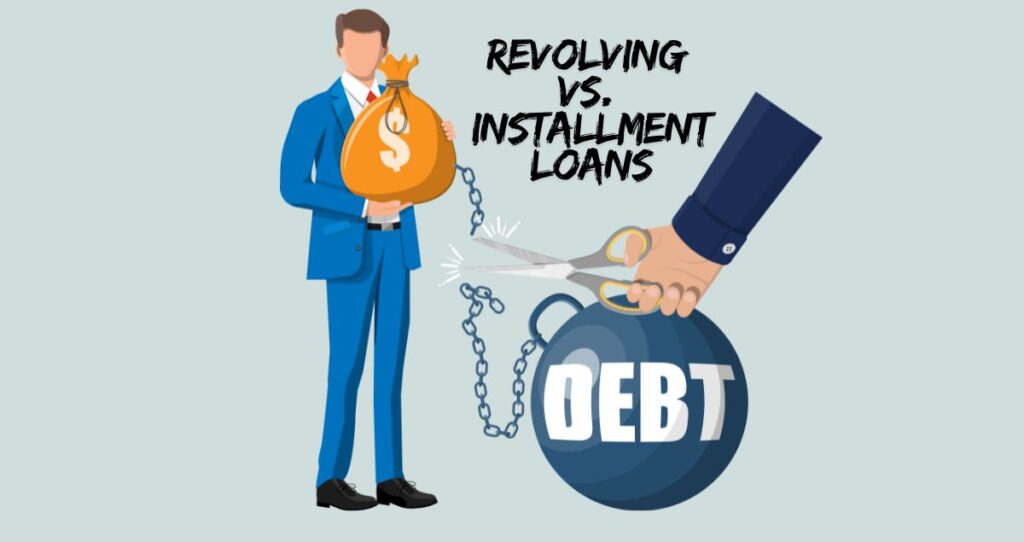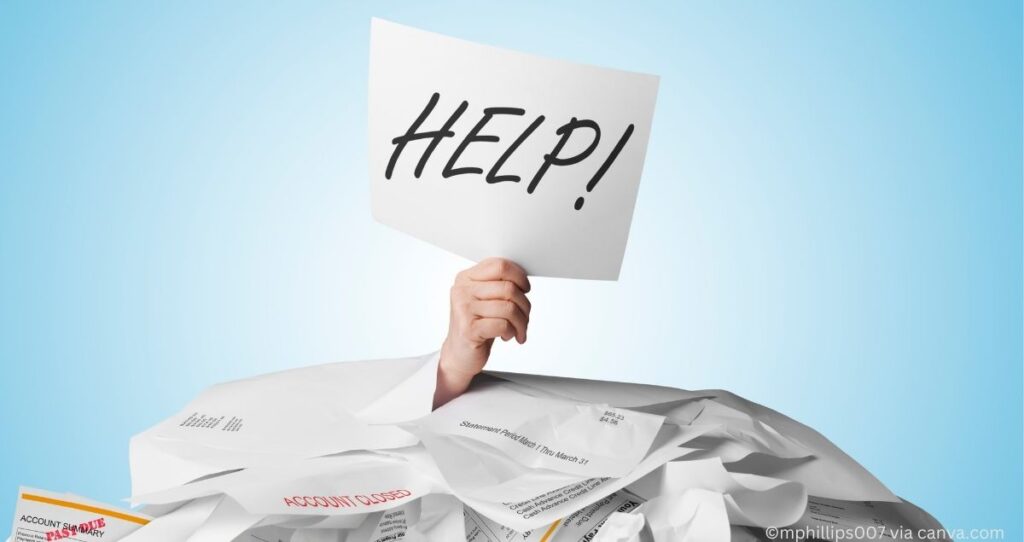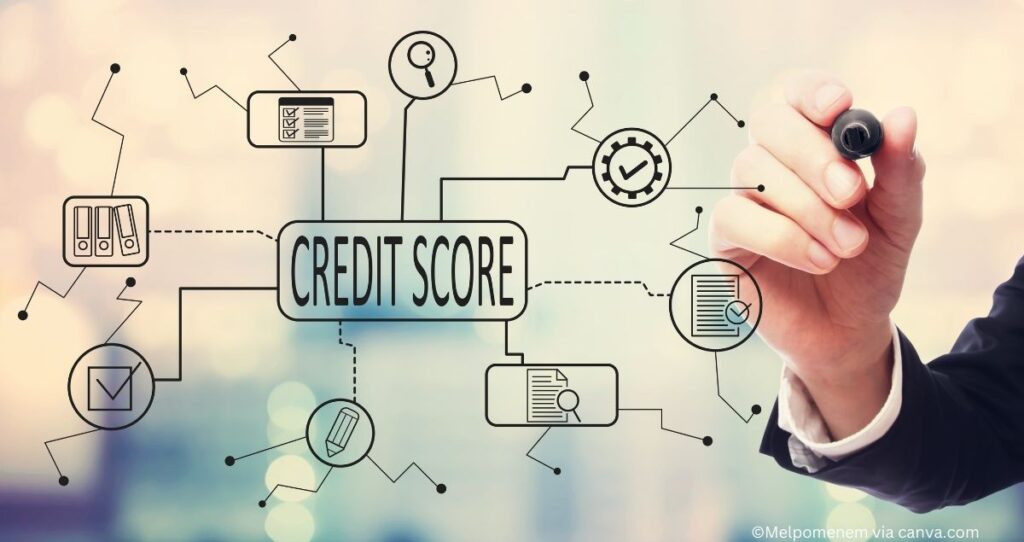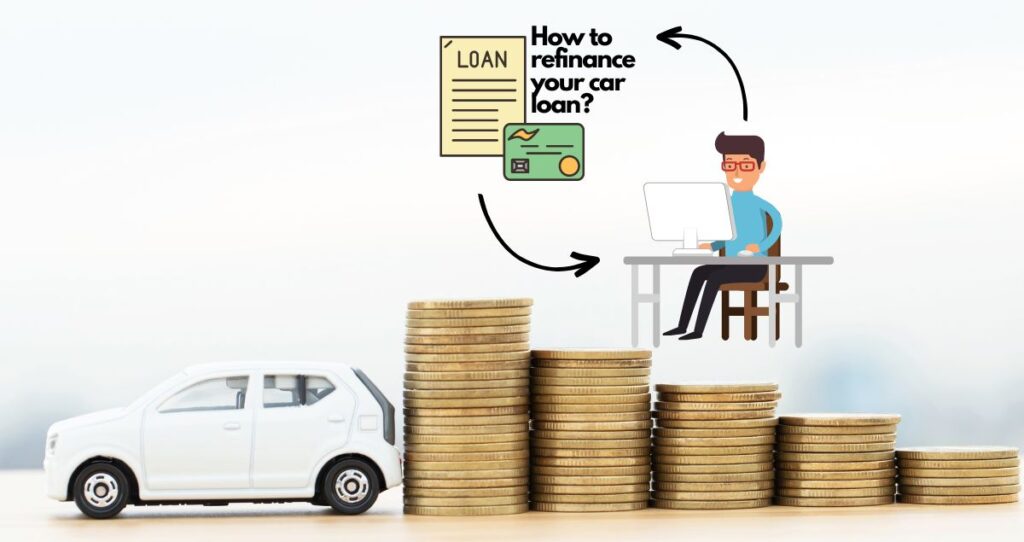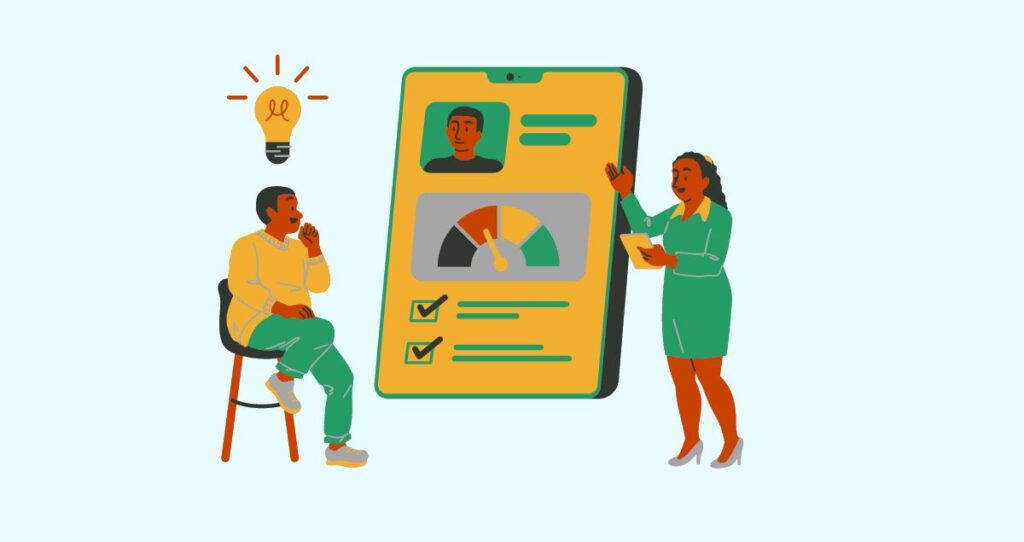Did you know that filing for bankruptcy will negatively affect your credit score and ruin your credit? According to Experian, Bankruptcy affects credit as it stays on your credit report for up to 10 years and drops your credit score up to 200 points. Aside from hurting your credit, bankruptcy will leave you with financial hardships as some of your assets will be liquidated to settle your loans.
In this article, I will walk you through how bankruptcy affects credit, the types of bankruptcies, alternatives to bankruptcies, and how to rebuild credit after bankruptcy.
How often do people file bankruptcies?
If you recently filed for bankruptcy, you are not alone. According to the US Courts, the statistics released by the Administrative Office of the U.S. Courts showed that the total bankruptcy filings in the United States increased by 16.8% to 452,990 in 2023 from the year before where the total bankruptcies for both businesses and non-business filings totaled at 387,721.
Among the 452,990 total bankruptcy filings in 2023, 18,926 were business bankruptcies an increase of 40.4% from a year before. The remaining 434,064 were non-business filings an increase of 16% from the previous year.
Having almost half a million consumers filing for bankruptcy indicates that the likelihood of filing bankruptcy is more than ever. No matter what type of bankruptcy you file or the reason for bankruptcy, having a bankruptcy on your credit report will ruin your credit and drop your credit score.
So, how does bankruptcy affect credit score? This article will show how filing for bankruptcy affects credit and how to fix your credit after bankruptcy.
What is bankruptcy?
Before discussing how filing for bankruptcy affects your credit score, let’s evaluate what bankruptcy is in the first place.
When you borrow money, you sign an agreement with the lender stating you will repay the loan balance, interest charges, and underlying fees. Unfortunately, not everyone can repay their loans due to different circumstances such as job loss, life change, economic reasons, etc.
When you can no longer afford your loan payments, you usually get different options including debt relief programs. A common debt relief path many people and businesses take is bankruptcy.
So, what is a bankruptcy?
Bankruptcy is a legal process in which you or your business seek debt relief for all or some of the money you owe creditors. Typically, the borrower initiates the bankruptcy process and a court order enforces it. That is you have to go through a court for bankruptcy to go into effect. Bankruptcies are complex and you might need a lawyer to help you navigate the whole process.
There are several types of bankruptcies but Chapter 7 and Chapter 13 are the most common ones. When you file Chapter 13, you get a repayment plan after reorganizing your debts. The repayment plan usually lasts up to 5 years when the remaining debts get canceled after the bankruptcy discharge.
Chapter 7 bankruptcy is a bit different as it does not involve a repayment plan. To file Chapter 7, you must first qualify through the bankruptcy means test. After you have qualified, some of your assets will be liquidated to pay off all or a portion of your debts. The remaining balance gets canceled after the bankruptcy discharge which takes 4 to 6 months to complete.
How many bankruptcies are there?
According to the United States Courts, here is a list of types of bankruptcies.
- Chapter 7. This bankruptcy is also known as liquidation bankruptcy. With Chapter 7, all debtor’s assets are liquidated/sold to pay the creditors.
- Chapter 9. This bankruptcy was established to restructure municipalities including cities, towns, villages, countries, etc under financial distress.
- Chapter 11. Chapter 11 is usually for corporations and large businesses and it is known as reorganizing bankruptcy. Some sole proprietorships also elect Chapter 11 in their filing processes. This bankruptcy also comes with a repayment plan just like Chapter 13.
- Chapter 12. Also known as family farmers, Chapter 12 bankruptcies are designed for families of farmers and fishermen who are financially distressed. Under Chapter 12, the debtor proposes a repayment plan lasting 2 to 5 years.
- Chapter 13. With this bankruptcy, the borrower keeps some of their properties in exchange for paying off the remaining debt balance in a few years usually up to 5 years. Chapter 13 is also known as the wage earner’s plan due to having a longer repayment plan.
- Chapter 15. This bankruptcy was introduced to ease the communications between US courts and parties of interests in foreign jurisdictions. Chapter 15 also deals with cross-border cases.
How does bankruptcy affect your credit?
While filing bankruptcy could be a great financial decision especially when you have nowhere to turn, it should be the last result due to its impact on your credit. You should always consider the consequences of bankruptcy on your credit regardless of the type of bankruptcy you declare.
When you file bankruptcy, your credit score drops as many as 200 points but its true effects depend on your credit profile at the time of your filing. Usually, when you have a high credit score, you tend to lose more points than someone with a poor credit score. For example, having a poorer credit score means you probably have late payments, collections, defaults, or charge-off records reflected on your credit reports and their impact has already been factored into your credit score.
Declaring bankruptcy, in this case, might not have too much of a negative impact on your credit score. In short, the number of points your credit score drops due to bankruptcy depends on your credit. The higher your credit score, the more points you lose from bankruptcy.
Another negative impact on your credit from bankruptcy is that the record remains on your credit report for up to 10 years. During this time, most lenders will deny you credit as having a bankruptcy on your credit makes you a risky borrower.
You might also like: How does a foreclosure affect your credit?
How long does bankruptcy stay on your credit report?
The bankruptcy record stays on your credit reports for up to 10 years. However, this record might be removed early depending on the type of bankruptcy you declared. Here is how long common bankruptcy stays on your credit reports, according to myFICO.
- Chapter 7. The bankruptcy record stays on your credit report for 10 years. With this bankruptcy, some of your assets are liquidated except essential ones such as a car to repay the loan. The remaining balance gets canceled once the bankruptcy is discharged typically 3-4 months later.
- Chapter 13. When you file Chapter 13 bankruptcy, the record stays on your FICO score for 7 years as the filing also involves a plan to repay the loan. The repayment plan usually lasts 3 to 5 years.
- Chapter 11. The bankruptcy record stays on your credit report for 10 years and is usually filed by large businesses such as corporations and LLCs.
As a consumer, you should know that regardless of the bankruptcy you file, it will hurt your credit score. However, the effect of bankruptcy on your credit diminishes over time as you show the consistency of on-time payment and proper credit usage.
What are alternatives to bankruptcy?
Given the impact of bankruptcy on your credit, you might need to consider its alternatives before you file one. Here are a few bankruptcy alternatives you can explore.
Try a debt settlement program
Filing for bankruptcy is usually expensive for you and the lender. That is why most lenders are willing to accept less than what you owe when you pay it as a lump sum. To accomplish this process, you go through what is known as a debt settlement. Typically, you need a third-party company to negotiate on your behalf, although, you can negotiate yourself. You might also pay a fee if you hire a company to negotiate on your behalf.
Debt consolidation
If you have too many different debts from multiple lenders, consolidate your debts. When you consolidate your loans, you typically turn them into a single loan which might be easy to manage and pay off. You might also qualify for a lower interest rate if your credit score is good. For example, you can consolidate all your credit card debts through a balance transfer on a 0% introductory APR credit card giving you a short-term relief on interest payments.
Negotiate with your lenders
While filing bankruptcy affects credit, your lenders also lose money from it. That is why lenders might be willing to lower the interest on your loans or modify the loan terms to make them affordable. Before you file bankruptcy, contact your lenders and negotiate lower rates or go through a debt management company such as a debt counseling agency to help you establish a plan.
The agency might also help you negotiate a lower interest, lowering your monthly payments. Some debt counseling agencies work with local cities and government to help consumers struggling financially.
Refinance your loan
Refinancing your loan is a great alternative to bankruptcy. Loan refinance, however, works best before late payments and other negative items such as collections are reported on your credit reports. This is because when you refinance, you get a new loan with favorable terms that replace the old one. To qualify for such a loan, you need good credit.
How do you build credit after bankruptcy?
Bankruptcy will indeed hurt your credit. The good news is that you can rebuild your credit even if it might take some time to get back on your feet.
Here are tips to rebuild credit after bankruptcy.
Get a credit builder loan
After filing for bankruptcy, you might not qualify for conventional loans such as personal loans or unsecured credit cards. According to Credible, it can take more than 2 years to qualify for loans after bankruptcy. However, you might qualify for credit builder loans. Getting a credit builder loan can help you establish on-time payment and a good track record of credit usage boosting your credit score faster.
Get a secured credit card
While credit builder loans are good options, you might also consider a secured credit card to build credit after bankruptcy. Secured credit cards are easy to qualify for as they are backed by collateral usually a deposit you make. Additionally, secured credit cards come with lower credit limits making them safer alternatives to regular credit builder loans.
Maintain excellent credit activities
Having a bankruptcy on your credit reports means late payments and other negative items might also be present. To avoid further damage to your credit, pay your bills on time and maintain a lower credit utilization on revolving credit such as credit cards, Home Equity Lines of Credit (HELOCs), and revolving personal loans. Additionally, avoid excessive borrowing and multiple credit applications that result in hard inquiries on your credit reports, lowering your credit score.
Check your credit
When you have bad credit due to bankruptcy or similar negative items, it’s essential to regularly check your credit reports and credit score and address any issues right away to avoid further damage. For example, if you find errors, inaccuracies, or fraudulent activities, you should dispute them to credit bureaus as they can slow down your credit recovery.
Any support you get makes a big difference in your credit score when you have bad credit. One credit repair hack you can consider is to become an unauthorized user of an excellent credit card account. This helps you benefit from the positive activities on the account and rebuild credit faster.
Do not close unused credit cards
If you have a credit card account you no longer need, do not close it as this will affect the age of your credit, credit utilization, and possibly, your credit mix. Instead of closing the account, put a small payment on the card such as a streaming service monthly payment to keep the account open.
What are the downsides to bankruptcy?
Bankruptcy can ruin your life and destroy your credit. For this reason, you should consult with a lawyer before you file for bankruptcy. Here are the downsides of bankruptcy.
Bankruptcy affects your credit by lowering your credit score by up to 200 points and staying on your credit reports for up to a decade. When you have a bankruptcy on your credit report, most lenders reject your loan applications due to posing high risk.
Some businesses might also deny you services when you have bad credit due to bankruptcy. For example, the landlord can reject your rental application because of bad credit.
The fact that some of your assets get liquidated to settle your loans, a bankruptcy leaves you in financial distress that takes many years to recover from.
How long does it take to build credit after bankruptcy?
While bankruptcy lowers your credit score and ruins your credit, you can still rebuild your credit in no time. Typically, it takes one to two years of on-time payments and vigilant credit usage to improve your credit after bankruptcy. To streamline the process, start a credit building program including debt consolidation, getting a credit builder loan or secured credit card, regularly checking your credit, etc. The longer you stay consistent with your credit activities, the faster you rebuild credit after bankruptcy.
More financial tips
How does credit card debt affect credit score?
How does a foreclosure affect your credit?
Do late payments affect your credit score?
How can using a credit card affect your credit score in a good way?
